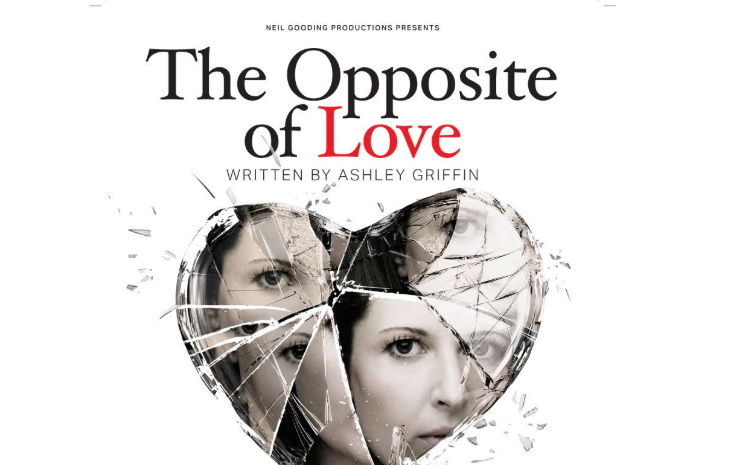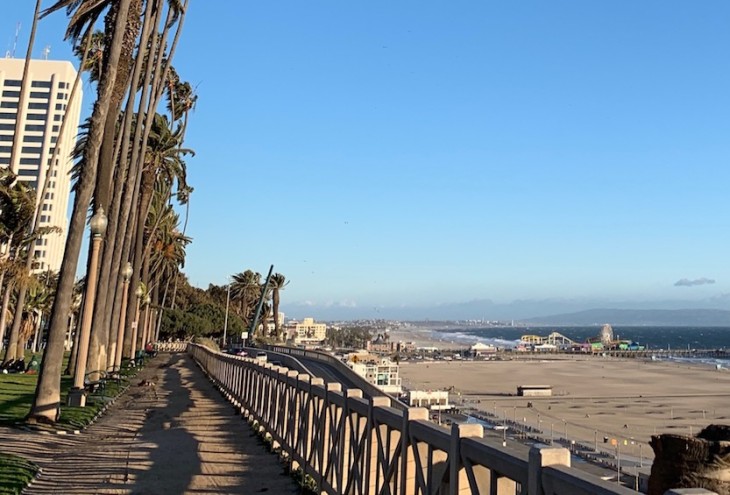By Dr. Stuart Garber
Today we will focus in on anxiety. We’ve all experienced it to one extent or another, from the mild to the severe. There’s that generalized, free-floating type of anxiety that comes up seemingly from nowhere and for no reason and the situational anxiety that occurs around a particular activity or life occurrence. Obsessions and compulsions fall under anxiety’s umbrella as do unwarranted fears. Post-Traumatic Stress Disorder is another manifestation of anxiety and at the extreme are anxiety attacks, also known as panic attacks.
The symptoms of anxiety, which we will go into in more detail below, can range from mildly uncomfortable to life controlling and in the case of a panic attack, downright terrifying. Anxiety disorders are quite common – in fact they are the most common mental health issue in America. Anxiety can hinder your ability to express yourself as a creative human being. It is exactly for this reason that I developed my Anxiety formula, which has now become the most popular of all the Dr. Garber’s Natural Solutions formulas.
The link between anxiety and depression:
Many people with anxiety disorders also suffer from depression at some point. Anxiety and depression are believed to stem from the same biological vulnerability, which may explain why they so often go hand in hand. Since depression makes anxiety worse (and vice versa) it’s important to seek treatment for both conditions.
Common Symptoms of Anxiety:
Emotional
• Feelings of apprehension or dread; anticipating the worst
• Trouble concentrating
• Feeling tense and jumpy
• Irritability
• Restlessness
• Feeling like your mind’s gone blank
Physical
• Pounding heart
• Sweating
• Stomach upset or dizziness
• Frequent urination or diarrhea
• Shortness of breath
• Tremors and twitches
• Muscle tension
• Headaches
• Fatigue
• Insomnia
Common Signs and Symptoms of an Anxiety Attack:
• Hot flashes or chills
• Trembling or shaking
• Nausea or stomach cramps
• Feeling detached or unreal
• Fear of losing control or going crazy
• Heart palpitations or chest pain
• Feeling like you are going to pass out
• Trouble breathing or a choking sensation
• Surge of overwhelming panic
• Hyperventilation
Tools That Can Help Naturally:
• Limit Caffeine and Sugar
Caffeine can increase anxiety, interfere with sleep, and even provoke panic attacks. Sugary snacks, foods, and drinks cause blood sugar to spike and then crash, leaving you feeling emotionally and physically drained.
• Avoid Alcohol and Nicotine
While it may seem that alcohol reduces anxiety and worry, this is only temporary, as alcohol actually causes anxiety symptoms as it wears off. The same thing goes for smoking; while it may seem like cigarettes are calming, nicotine is actually a powerful stimulant. Smoking, like alcohol, leads to higher, not lower, levels of anxiety.
• Exercise Regularly
Exercise is a natural and effective anti-anxiety treatment. For maximum anxiety relief, try to get at least 30 minutes of aerobic activity every day. Aerobic exercise relieves tension and stress, boosts physical and mental energy, and enhances well-being through the release of endorphins, the brain’s feel-good chemicals.
• Get a Good Night’s Sleep
Anxiety and worry can cause insomnia, as anyone whose racing thoughts have kept them up at night can attest. But lack of sleep can also contribute to anxiety. When you’re sleep deprived, your ability to handle stress is compromised. When you’re well rested, it’s much easier to keep your emotional balance, a key factor in coping with anxiety and stopping worry. If you are having trouble sleeping, try Dr. Garber’s Natural Solutions for Sleep formula.
• Learn and Practice Relaxation Techniques
Anxiety is more than just a feeling. It’s the body’s physical “fight or flight” reaction to a perceived threat. Your heart pounds, you breathe faster, your muscles tense up, and you feel light-headed. When you’re relaxed, the complete opposite happens. Your heart rate slows down, you breathe slower and more deeply, your muscles relax, and your blood pressure stabilizes. Since it’s impossible to be anxious and relaxed at the same time, strengthening your body’s relaxation response is a powerful anxiety-relieving tactic. Try any of the following techniques: Deep Breathing, Meditation, Yoga, Tai Chi.
• Adopt Healthy Eating Habits
Begin the day with breakfast, and continue with frequent small meals throughout the day. Going too long without eating leads to low blood sugar, which can make you feel anxious and irritable. Eat plenty of complex carbohydrates such as whole grains, fruits, and vegetables. Not only do complex carbs stabilize blood sugar, they also boost serotonin, a neurotransmitter with calming effects.
• For more information, visit https://www.drgarbers.com.























